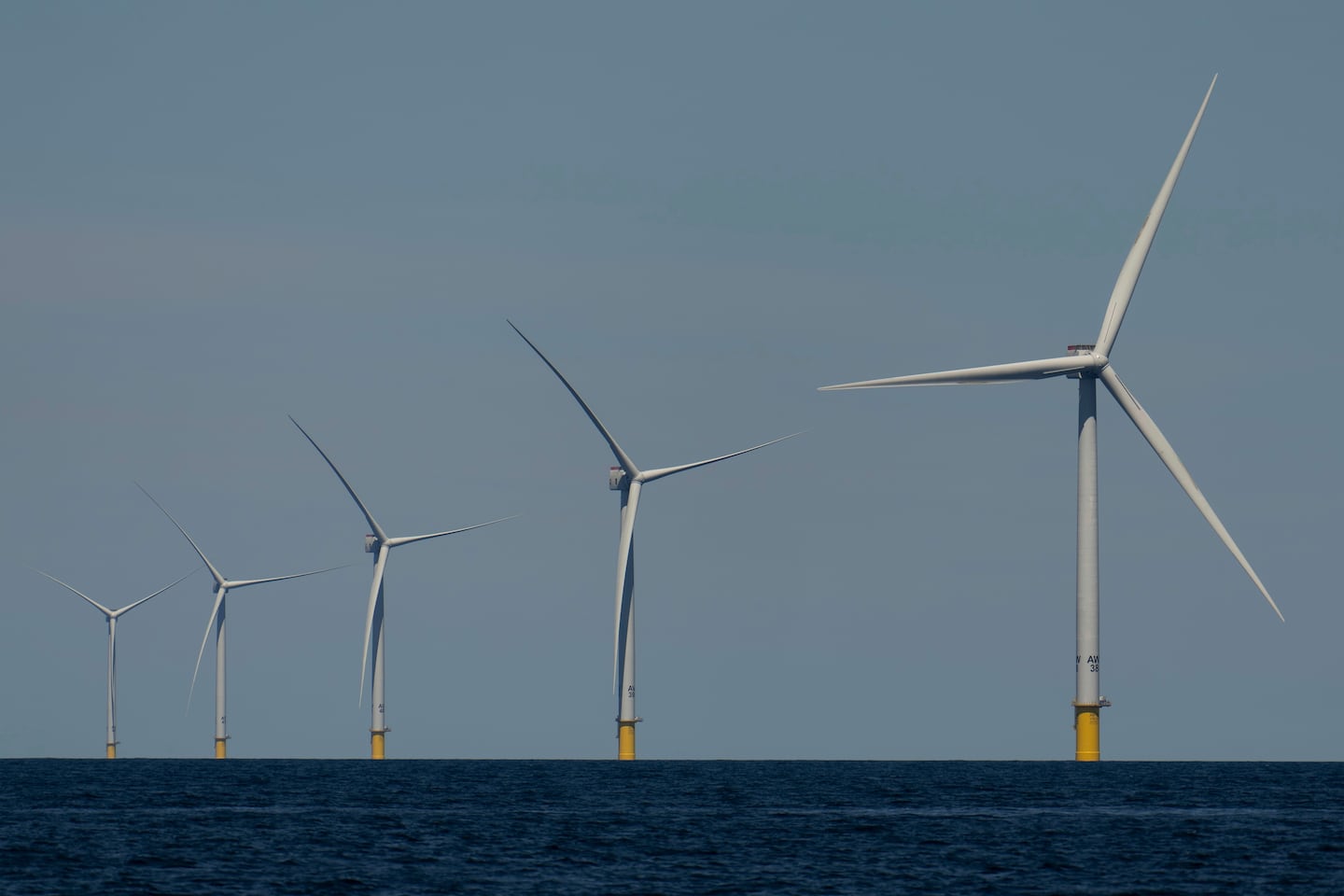While the federal government slashes climate-tech subsidies in a big way, a state agency is stepping up to fill some of the gap.
The Massachusetts Clean Energy Center recently started accepting applications for two new grant programs aimed at stoking the state’s clean-tech sector and encouraging startups to stay and grow here. The first is the Climatetech Testing and Demonstration Assets Program, or TDA, being launched with $20 million in annual funding from the state’s 2024 economic development legislation to subsidize equipment purchases for organizations that support clean-tech startups; the other is called CriticalMass, a $3 million-a-year program to provide grants and other support to startups.
The money pales in comparison to what’s been lost on the federal level. For example, the so-called “Big Beautiful Bill” passed by Congress this summer wiped out a solar program that was supposed to send $156 million to Massachusetts. But supporters of the new MassCEC programs say these grants could go a long way toward making this state more appealing to fast-growing startups.
“These programs will fill critical gaps in our funding landscape right now,” said Leslie Nash, senior program director at the MassCEC. “The startups are seeking stability. These programs offer some level of stability.”
Ben Downing, chief growth officer at the Engine startup incubator in Cambridge, said he’s putting together an application for a TDA grant for the Engine, which is affiliated with MIT. As part of that process, he has been surveying Engine startups and alums to figure out which equipment would be most helpful to install.
Downing said the huge infusion of clean-tech money from the federal government in recent years, from the Inflation Reduction Act and the Bipartisan Infrastructure Law in particular, put many more states in the hunt for climate-related or energy-related startups. Now that the federal subsidies, particularly those in the IRA, are receding, Downing said states that expand their own clean-tech subsidies have an opportunity to shine.
“It’s that much more important now,” Downing said. “With federal funds going away, there are fewer places where companies can grow and scale. Smart and strategic investments are going to enable teams to grow here in Massachusetts.”
The TDA program will award grants of up to $5 million to universities or other nonprofits that support multiple startups, to help them buy equipment that the startups need but can’t afford on their own. The startups would probably rather spend the money on research and development, Downing said, than investing in infrastructure that could be shared with others.
“The last thing you want early stage teams doing is spending grant resources or expensive venture [capital] resources on infrastructure,” Downing said.
Alistair Pim, vice president at the Alliance for Climate Transition, said his organization has been working with MassCEC staff to develop the CriticalMass program. It’s designed to help startups that are on the brink of commercializing their technology, by offering grants of up to $1 million as well as technical services and connections with potential corporate, municipal, or institutional partners that can use the startups’ technology. (MassCEC has budgeted $3 million for this year, and $3 million for next year.)
To be eligible, Pim said, the startups need to have between 10 and 50 employees, and need to have raised between $4 million and $25 million. The companies don’t need to be from Massachusetts to apply, though projects supported by CriticalMass need to take place in this state. The startups should have already completed one pilot project.
“I see this as catalytic,” Pim said. “I really do think it can help fill the gap that is being left by the [Trump] administration.”
Jon Chesto can be reached at jon.chesto@globe.com. Follow him @jonchesto.

